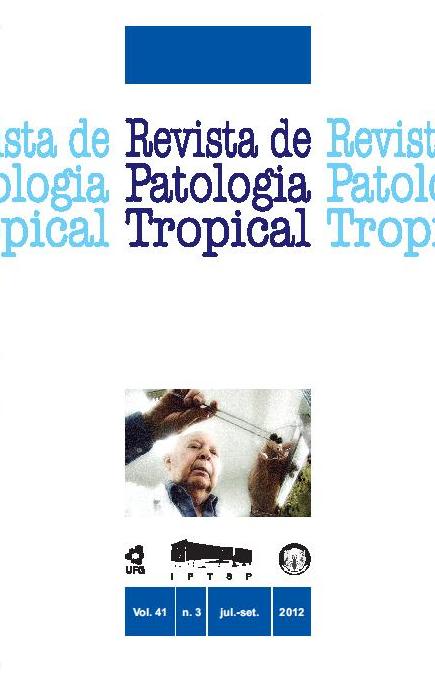Study of the zoonotic potential of different pathogens in procyonids
DOI:
https://doi.org/10.5216/rpt.v41i3.20747Keywords:
Zoonosis, Procyonids, Nasua, Procyon, Potos.Abstract
Procyonids are animals with terrestrial and arboreal habits, found in different habitats. Although classified as carnivores, this family includes important species with omnivorous habits. Besides being fruit seed dispersers, they may influence the size of their vertebrate prey population and serve as food source for large wild cats. Despite the benefits that procyonids represent to the environment, their contact with the urban environment can bring health risks. Procyonids may be affected by pathogens acquired from domestic animals that live around the protected areas, and transmit or serve as reservoir of pathogens to other animals and to humans. Thus, this review aimed to search for articles on the prevalence, detection and isolation of pathogens with zoonotic potential found in the most widely distributed procyonids species in the Americas.
Downloads
Downloads
How to Cite
Issue
Section
License
The manuscript submission must be accompanied by a letter signed by all authors stating the full name and email address, confirming that the material has not been published or is under consideration for publication elsewhere, and agreeing to transfer copyright in all media and formats for Journal of Tropical Pathology. The authors will not be paid for published articles. They are solely responsible for the content of those articles, even if the Editor holds the right to adjust them to the norms of the journal.
The reviewers will not be paid for the peer review process.

